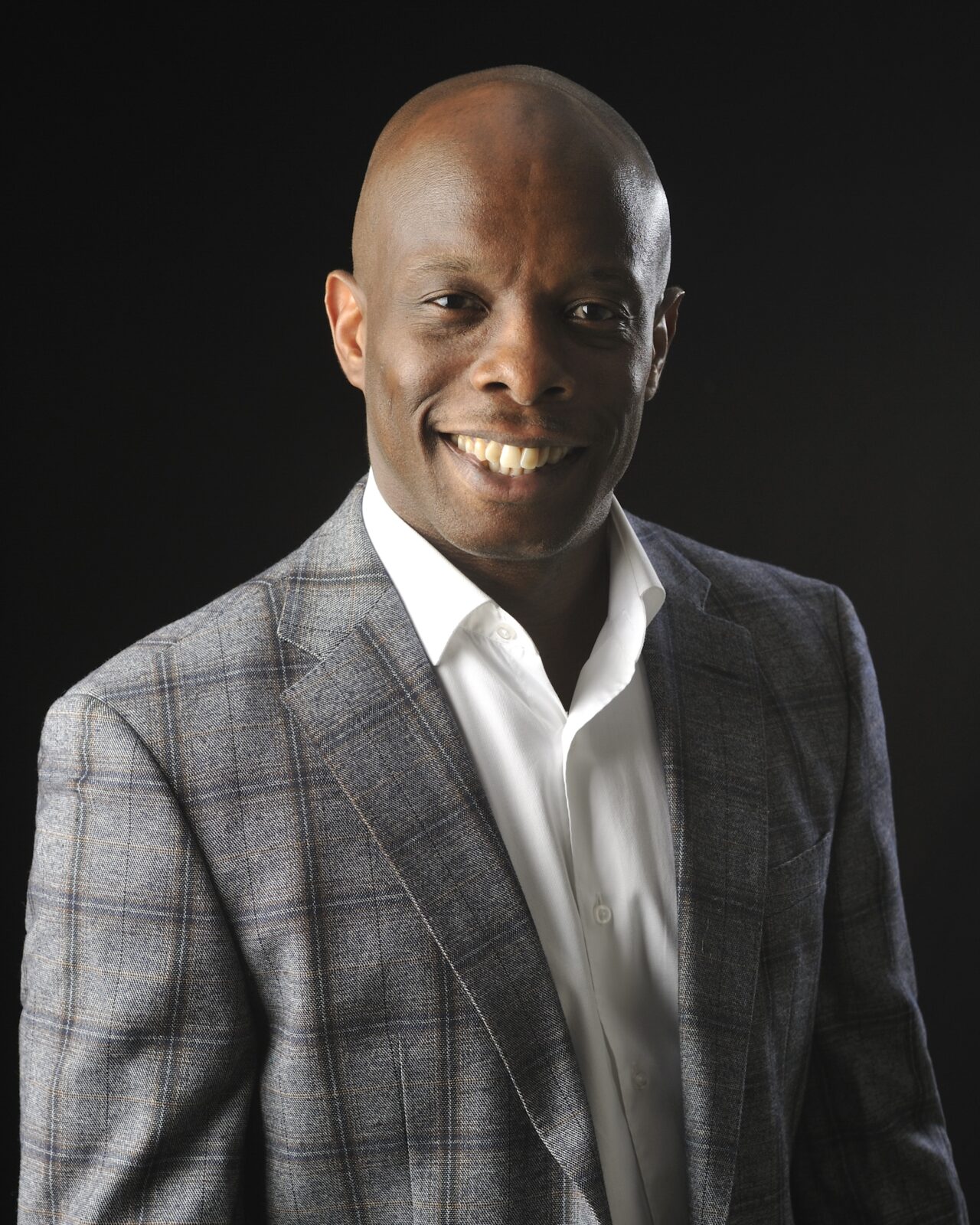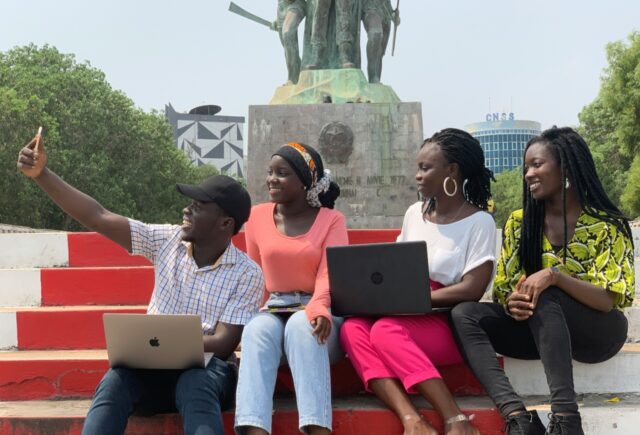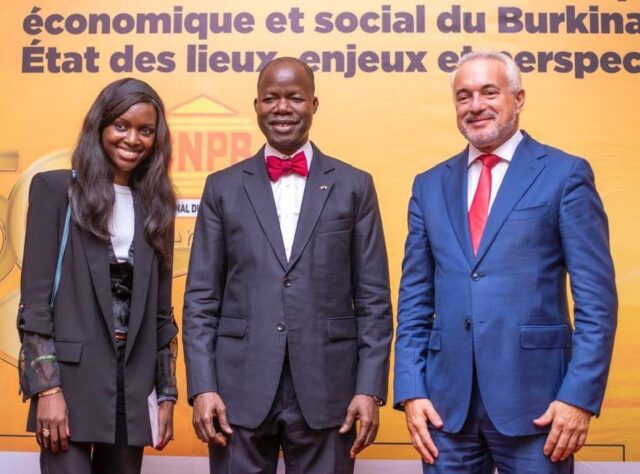In October David Grimaud took over the helm as chief executive officer of Bamboo Capital Partners. He shares his vision for developing a platform of vehicles to push each SDG goal to scale and to attract investment capital.

CV
Chief Executive Officer, Bamboo Capital Partners, Aug 2023 – Present
Chief Executive Officer, (previously head of asset management and head of portfolio solutions) Symbiotics, 2013-22
Investment manager, Amundi, 2007-11
MS, Applied Mathematics and Engineering, École Polytechnique, 2000 – 2002
Postgraduate Mathematical Engineering, EPFL (École polytechnique fédérale de Lausanne) 2000 – 2001
Masters, Université Paris-Ouest Nanterre La Défense, Applied Mathematics and Economics, 1995 – 1999
Since 2007, Bamboo Capital Partners has raised USD$450m (€440m) and invested in over thirty developing countries.
Earlier this year the company was acquired by global impact firm Palladium, who last month announced that Bamboo’s founder Jean-Philippe de Schrevel, would be stepping down. David Grimaud was appointed as the new chief executive officer.
Grimaud was born in France, raised in Togo, and educated in Europe, West Africa, and the US, so describes himself as a ‘global citizen.’ He has highly relevant experience, having been chief executive officer at Symbiotics Asset Management.
“I think what attracted me to this role is that I very much shared the vision that Palladium is bringing to Bamboo. The desire to move impact investing to the mainstream,” he says.
A focus on SDG goals
Bamboo’s mission is to accelerate access to finance and sustainable markets for small and medium sized enterprises (SMEs) in emerging and frontier markets.
“We are active across all of those markets …[with]a particular focus on the least developed and lowest income countries, which leads us to have made significant investments in sub-Saharan Africa,” Grimaud says. Africa currently comprises of two thirds of Bamboo’s investments.
The firm launched its first generation of funds over the period 2007 to 2014, primarily focussed on private equity opportunities in financial inclusion and renewable energy. Bamboo has recently created a new generation of funds focusing on direct investment with SMEs.
According to Grimaud, it is looking to target specific United Nations Sustainable Development Goals (SDGs) goals. For example, Bamboo manages a sustainable agricultural fund, the ABC Fund, launched in 2018 with a target size of €200m to support small agribusinesses with a primary focus on Sub-Saharan Africa. It also manages the BUILD Fund, launched in 2018 with a target size of $100m to finance SMEs in Least Developed Countries, and a third fund, the BLOC Smart Africa Fund, launched in 2021 with a target size of €50m, to invest equity in African tech startups.
In terms of priorities going forward, Grimaud says “all of the United Nations SDG goals are important to us, but our ultimate vision is to develop a platform of vehicles which will enable us to push each SDG goal at scale and to attract investment institutions. This is very much my agenda.”

In order to meet this ultimate vision, Bamboo has created three clear business verticals. Financial inclusion, energy transition, and nature-based solutions provides a framework for achieving those SDG goals. For example in financial inclusion, “by improving SME lending conditions, we will also help us to push education and healthcare, that’s delivering on SDG goals 3, 4, 8 and 10.”
Recent Successes
Grimaud highlights two key successes which he sees as a guide to future investments.
Bboxx has leveraged Africa’s growing financial access to support its efforts to provide solar energy and clean cooking solutions to off-grid communities across the continent. Bboxx makes these solutions available through pay-as-you-go models using mobile money, thereby avoiding the barrier of upfront payment which has typically prevented low-income households from accessing these products and services.
Amartha started life in 2016 as a microfinance institution before pivoting into a fintech peer-to-peer lending model. The company connects female entrepreneurs in rural areas facing difficulties in obtaining working capital to a network of online lenders. The platform includes a self-learning algorithm which determines the risk level of borrowers who lack a prior credit history, and automates key aspects of operations — including the application process, data gathering, credit decision-making and scoring — which lowers costs. Accessing financing from Amartha generates a credit history, enabling SMEs to make future funding requests to mainstream banks, contributing to poverty alleviation.
Challenges, but also big ambitions for the future
Grimaud sees challenges, but also opportunities ahead.
“The biggest challenge we have is current market conditions is that impact investing has grown up since 2008 in a low interest rate environment where money was cheap. The challenge for the sector now is to show that these strategies can remain competitive and attract investors as we move into a new environment where interest rates are going up,” says Grimaud.
He also sees a second challenge. “We need public funding to continue to act as a catalyst for private investors’ capital through blended finance. This has long been the case across bamboo’s portfolio thanks to the involvement of several leading development finance institutions.”
These institutions include the European Development Finance Institutions, the Swiss Agency for Development and Corporation, Global Affairs Canada, US International Development Finance Corporation, Luxembourg’s Development Co-operation Agency, and the Nordic Development Fund, which want to help the firm create a “proof of concept”, according to Grimaud.
“We want to broaden our appeal to the more commercial investors such as pension funds once they more fully embrace impact investing and take on board the long-term potential for patient capital. My whole focus in the future is how to bring private and public capital together in blended finance solutions” he says.
“We can only succeed in our mission if we are able to attract investment at scale. Scale is the key to success in impact investing, and private capital is the only way of achieving it,” he adds.
Grimaud also believes that in order to achieve a just transition, it is vital that private capital is invested in emerging and frontier markets where 75% to 80% of the world’s population lives. “We must contribute to build local value chains that are sustainable. Technology will have a key role in achieving this scale. For example in financial inclusion the increased use of fintech will enable us to bridge that last mile gap. This is important.”
Overall he is optimistic. “I have big ambitions. By 2030 I really want to grow our assets under management tenfold. I believe this is quite possible because our three verticals are all scalable,” he says.





